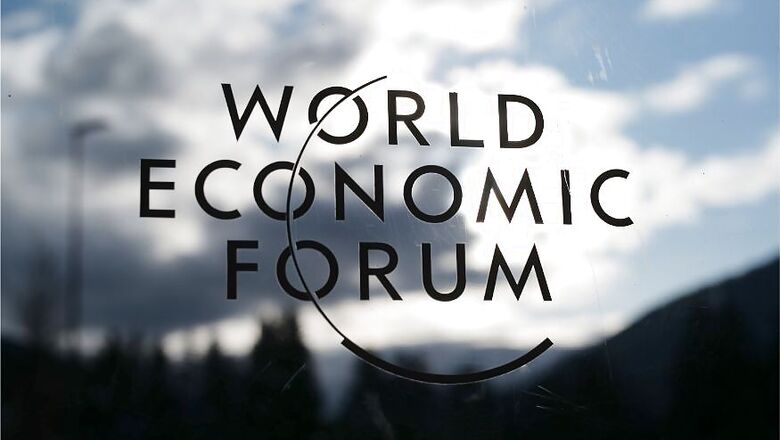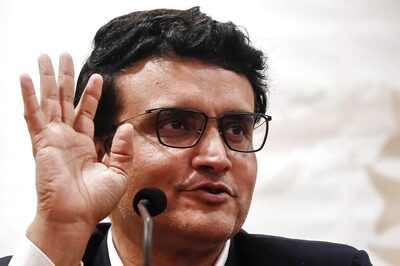
views
'Unemployment' is the main concern for business executives globally, followed by 'infectious diseases' that progressed by 28 spots to emerge as the second-most recurring risk, according to the World Economic Forum's (WEF) interactive map on 'Regional Risks for Doing Business 2020'. Fiscal crisis the top concern in 2019 came in third among the top risks cited by business leaders globally.
'Infectious diseases' progressed by 28 spots, appearing in the top-10 risks in all regions except South Asia, in a year where the COVID-19 pandemic dominated global health concerns. The survey pulls 30 risks, including terrorist attacks, extreme weather events and state collapse or crisis.
Surveyed regions include East Asia and the Pacific, Eurasia, Europe, Latin America and the Caribbean, Middle East and North Africa, North America, South Asia, sub-Saharan Africa. The findings are based on a survey of over 12,000 business leaders from 127 countries.
The data is released ahead of the World Economic Forum's inaugural Jobs Reset Summit (October 20-23) which aims to shape inclusive, fair and sustainable economies, societies and workplaces. While the top risks are mostly related to economics, climate-related risks are causing greater concern this year, with natural catastrophes (up seven places), extreme weather events (up five), biodiversity loss and ecosystem collapse (up eight), and failure of climate-change adaptation (up two) featuring more prominently, according to the survey.
Other significant changes include human-made environmental catastrophes (down six places), failure of urban planning (down seven), and terrorist attacks (down nine). "The employment disruptions caused by the pandemic, rising automation and the transition to greener economies are fundamentally changing labour markets," said Saadia Zahidi, Managing Director at the World Economic Forum.
She added that as we emerge from the crisis, leaders have a remarkable opportunity to create new jobs, support living wages, and re-imagine social safety nets to adequately meet the challenges in the labour markets of tomorrow.
Read all the Latest News and Breaking News here


















Comments
0 comment